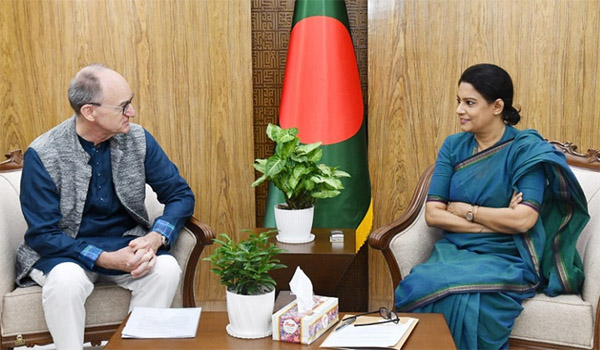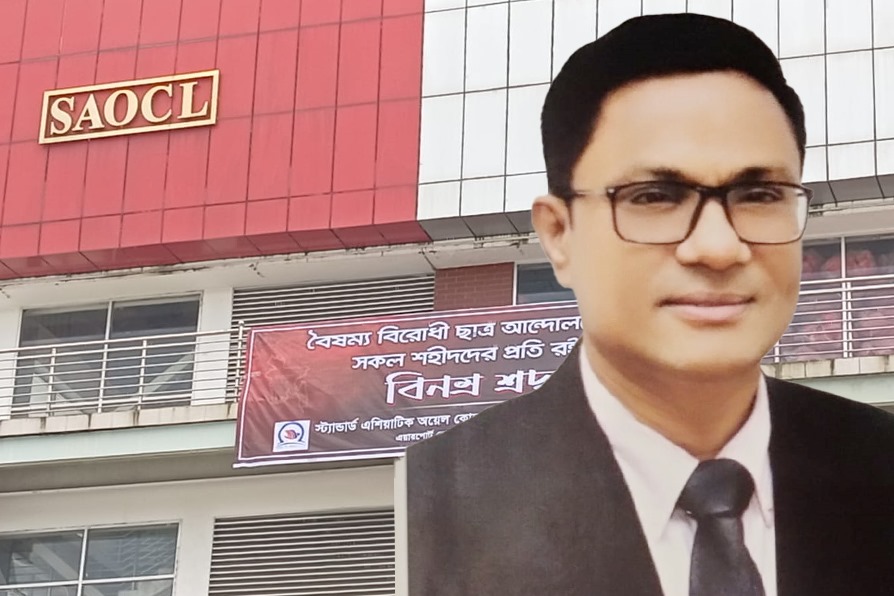
The Taliban is an Islamic political and military group founded in the 1990s by students studying in madrassas in Pakistan. The group was formed with the aim of establishing Islamic Sharia law in Afghanistan. From 1996 to 2001, the Taliban first came to power and introduced a strict form of Islam into the country’s governance system. Their rule has been infamous for widespread international controversy and allegations of human rights abuses. In 2021, they again seized power in Afghanistan, causing renewed concern for the international community. The report analyzes in detail the rise, tenure, challenges and future prospects of the Taliban government.
History of the Taliban
Early Age and Rise
The Taliban began in 1994, when a small group led by Mullah Mohammad Omar formed in the Kandahar region of Pakistan. The group’s mission was to establish Islamic rule in Afghanistan and stabilize the war-torn country. Initially, the Taliban defeated local warlords and captured Kandahar. Public support for the Taliban grew rapidly, particularly for their efforts to impose stricter law and order.
First Regime (1996-2001)
1. **Seizure of Power:** In 1996, the Taliban seized Kabul and assumed power in Afghanistan. During their rule, they implemented radical Islamic Sharia law, which was the cornerstone of their regime.
2. **Islamic Law:** The Taliban strictly enforced Sharia law during their rule. Girls are banned from attending school, women are required to wear burqas in public and men are required to have beards. Sports, television, music and other forms of entertainment are banned.
3. **Restrictions and Penalties:** Severe punishments were given during the Taliban regime, such as amputation of hands for stealing, stoning for adultery etc.
4. **Position of Women:** Strict rules are imposed on women’s access to work, education and public movement. Almost all social participation is prohibited for them.
5. **Demolition of Bamiyan Buddha Statues:** In 2001, the Taliban destroyed the world’s historic Bamiyan Buddha statues. Their actions drew widespread international criticism and were identified as examples of cultural destruction.
September 11 attacks and fallout
Al-Qaeda was closely linked to the Taliban in the September 11, 2001 terrorist attacks in the United States. The Taliban government harbored al-Qaeda leader Osama bin Laden, prompting US and allied forces to launch military operations in Afghanistan. The United States requested the Taliban to hand over Osama bin Laden, which the Taliban refused. In the wake of this, US and NATO allies launched a military campaign in Afghanistan and ousted the Taliban government. Taliban members hide in rural areas of Pakistan and Afghanistan.
history
1994 Taliban A movement of religious students (Talib) from the Pashtun areas of eastern and southern Afghanistan who were educated in traditional Islamic schools in Pakistan. Tajik and Uzbek students also joined them. It therefore has characteristic differences from other ethno-based mujahideen groups “which played a key role in the Taliban’s rapid growth and success.
Education and motivation
In September 1994, Mullah Mohammad Omar founded this group with 50 students in his hometown of Kandahar. Since 1992, he had been studying at Sang-e-Hisare madrasa in Maiwand (Northern Kandahar Province). He was unhappy that Islamic law had not been established in Afghanistan after the overthrow of the communist regime and vowed to rid Afghanistan of warlords and criminals with his party.
Within months, 15,000 students from madrassas (one source called madrassas “run by Jamiat Ulamae Islam”) joined the group in Pakistan.
Conquest of Kandahar
On November 3, 1994, the Taliban captured the city of Kandahar in a surprise attack. Before January 4, 1995, 12 Afghan provinces were under their control. The forces controlling the various areas often surrendered without a fight. Mohammad Omar’s commanders were former small-unit military commanders and madrasa teachers. The Taliban were popular at the time because they suppressed corruption and lawlessness and made roads and neighborhoods safe.
Second Incumbency (2021)
US withdrawal and seizure of power
For two long decades, the United States and its allies have been conducting military operations in Afghanistan. In 2020, an accord was reached between the Taliban and the United States through the Doha Accords, in which the United States pledged to withdraw its troops from Afghanistan. In 2021, US and NATO forces began withdrawing their troops from Afghanistan, which was completed in August. After the withdrawal of the army, the Taliban quickly occupied various provinces of the country and took over the governance of Afghanistan on 15 August 2021 by capturing Kabul. At this time, the country’s president, Ashraf Ghani, fled the country.
Second Reign (2021–present)
1. **Restructuring the Regime:** The Taliban government re-imposed Sharia law. They said they would operate a slightly different and ‘tolerant’ regime than before. But in reality, they reinstated the old strict policies.
2. **Women’s Rights:** Women’s rights are significantly curtailed under the current Taliban regime. Obstacles have been created in their secondary and higher education. Their access to workplaces is restricted and their movement in public is restricted.
3. **Media and Freedom of Expression:** Media and freedom of expression have been severely damaged under the Taliban regime. Many media outlets were closed and journalists were attacked and arrested. Taliban authorities have warned the media not to report against the government.
International reactions and relations
The response of the international community
1. **Lack of Recognition:** No major country has yet officially recognized the Taliban government. Afghanistan’s lack of international recognition and aid has deepened the country’s economic and humanitarian crisis.
2. **Role of Neighboring Countries:** Taliban is trying to improve relations with neighboring countries. Pakistan maintains a particularly supportive stance towards the Taliban. China and Russia have maintained somewhat pragmatic relations with the Taliban government and indicated economic cooperation.
3. **US and Western response:** Two decades after the Taliban were ousted from power, the US and Western countries do not recognize the Taliban as a government. They continue to provide humanitarian aid to the Afghan people, but are under sanctions due to human rights abuses under the Taliban regime.
International aid and sanctions
The international community is not sympathetic to the Taliban government and most countries have not officially recognized the Taliban. The United States and other Western countries imposed sanctions on Afghanistan’s banking system under the Taliban government, further exacerbating the country’s economic crisis. Various countries and international organizations are adopting a cautious policy in establishing relations with the Taliban.
Economy and humanitarian situation
Economic crisis
Afghanistan’s economy has suffered severely since the Taliban came to power. With the cessation of foreign aid, the country’s currency depreciated and unemployment and poverty rose sharply. Trade, exports, and other economic activities were also severely disrupted. Afghanistan’s central bank’s reserve funds are tied up in the United States, one of the main causes of the country’s currency crisis.
humanitarian crisis
Afghanistan is currently facing a serious humanitarian crisis. After the Taliban regained power, the country’s economy went into rapid decline, severely affecting the lives of ordinary people. More than half of the country’s population suffers from severe food insecurity and malnutrition rates among children continue to rise. There are huge shortages in the healthcare sector; Many hospitals are unable to provide services due to lack of necessary drugs and equipment. Many international aid agencies have suspended or limited their activities due to Taliban rule, further complicating the situation.
Women’s rights and the education crisis
Women’s rights have been severely curtailed under Taliban rule. The Taliban government has severely restricted girls’ access to secondary and higher education and has restricted many educational institutions to males only. Women’s access to the workplace is restricted and their movement in public is strictly controlled. These discriminatory policies against women are undermining the Taliban government’s acceptance in the international community and creating irreparable harm to women internally.
Security and Terrorism
The security situation in Afghanistan remains volatile even after the Taliban came to power. ISIS (Islamic State) and other insurgent groups have emerged as a major challenge for the Taliban. There have been several suicide attacks carried out by ISIS in Kabul and other cities, threatening the country’s security. In addition, many armed groups and fighters continue to operate under the Taliban regime, undermining the country’s stability.
Future prospects and challenges
The question of stability of the Taliban regime
The Taliban government must face many challenges to establish and stabilize its rule. Lacking international recognition, they suffer from a lack of foreign aid and investment. They need international cooperation to tackle the economic crisis and ensure humanitarian aid, which is difficult to obtain unless they change their approach to women’s rights and human rights.
The need to develop international relations
The Taliban government has a mixed stance on international relations. Some countries, such as Pakistan, China and Russia, are trying to maintain pragmatic relations with the Taliban, although they have not yet formally recognized them. Western countries, particularly the United States and the European Union, are hesitant to support the Taliban because of human rights abuses. Without international recognition and support, the Taliban government’s prospects for long-term regime stability will be dimmed.
Internal conflicts and power struggles
There are factional differences within the Taliban, which can lead to internal conflicts. There are divisions within the Taliban leadership between hardliners and relatively moderates, which can complicate policymaking. This internal conflict could threaten their rule and the Taliban government could collapse through a power struggle.
The second takeover of the Taliban government ushered in a new and turbulent period in Afghanistan. Although they came to power promising to bring stability and security, their governance still faces many challenges. Lack of international recognition, economic crises, humanitarian crises and internal conflicts remain major challenges for them. If the Taliban government fails to improve relations with the international community and maintain internal stability, the Afghan people face an even more uncertain future. Therefore, necessary reforms should be brought in the regime and policies of the Taliban, which will help the welfare of the common people of the country and gain international recognition.

 Md. Ibrahim Hossain Bishal
Md. Ibrahim Hossain Bishal 
























